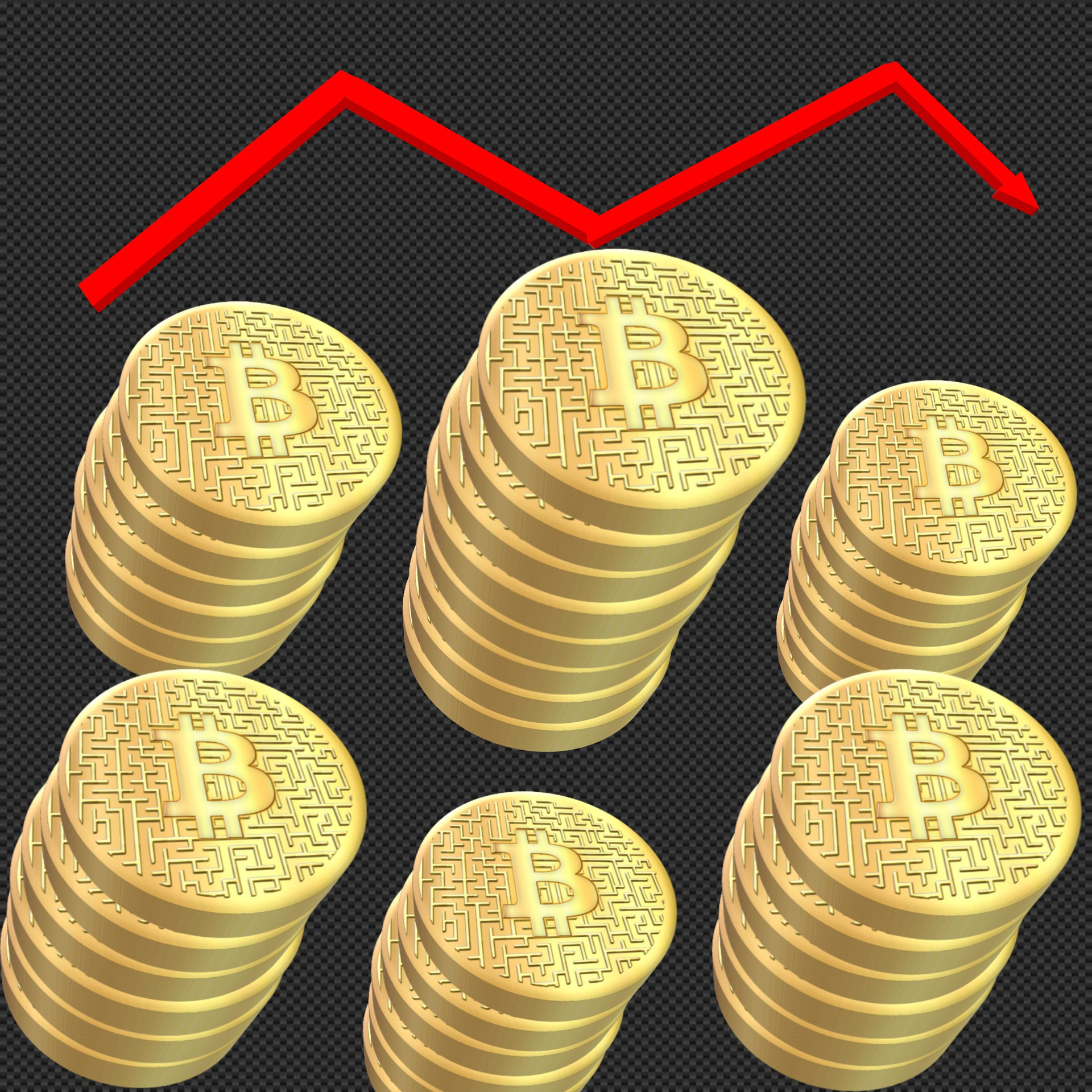Institutions and ordinary investors alike appear to be wary of $34,000 Bitcoin before the significant GBTC unlocking event.
Last Friday, Bitcoin prices fell by more than $2,000, while the total market capitalization of crypto dropped by close to $40 billion to just $220 billion, according to CoinMarketCap. Bitcoin has since recovered some of that market value, but only after The Wall Street Journal reported that big-name hedge funds are now betting against bitcoin.
Many expect institutional investors to buy into this overhang, and open up further cryptocurrency adoption. However, before they invest in bitcoin, the custodians in charge of custodial exchanges have to let in their holdings.
Today, many industry observers aren’t confident that the largest custodian of cryptocurrency could handle the influx of large institutional funds. If that’s the case, many have speculated that institutional investors are waiting for the markets to rise significantly higher before dipping their toes into the water.
Michael Novogratz, the founder of Galaxy Investment Partners, said on CNBC that bitcoin was “too late” and that he would rather take the money he has invested in Bitcoin back than risk more in it. Other industry analysts have begun to hedge against a Bitcoin crash.
Dave Asprey, the CEO of Bulletproof and author of “The Bulletproof Diet,” told CNBC: “I think crypto has proven itself, but … many people are looking for a return, and I think that will take some time to play out.”
Skip Schumacher, an analyst with Renaissance Macro Research, told CNBC: “The ‘done deal’ narrative has faded somewhat in the wake of recent price action. The cryptocurrency market is heavily dominated by retail/momentum traders and short squeeze buyers, so prices can get really out of hand before they find support. There’s been a great deal of speculative buying of Bitcoin, but there hasn’t been a corresponding wave of demand for high-level technical analysis work to justify the rise.”
“We’ve been toying with the idea of trading a large position in Bitcoin using Kraken, Coinbase, and Bitfinex, but there’s been a lack of liquidity and relatively high fees, which are cutting into the returns,” Jim Breyer, partner and co-founder of Breyer Capital, told Bloomberg. Breyer also added that he doesn’t think Bitcoin will ever replace gold. “Gold has a very big trust factor in its history. Bitcoin does not,” he said.
Breyer called Bitcoin “the last virtual commodity. Bitcoin is used as money. We know when a dollar bill is being used as money. It’s a scarce commodity. It’s a public good. Its value is fixed; it’s not fluctuating based on where other currencies are, based on other markets, and where there is an artificial scarcity.”
But if there is value in Bitcoin to use as money and keep on your computer, it is not as valuable as it is today. For that to change, it will have to attract more large institutional investors like Breyer, who will invest not just for the speculating reasons but also for the economic reasons of owning a company’s preferred stock or security with an insurance policy built into it.
Will Bitcoin Rise Back to Its All-time High Soon? Or Will The Decline Persist?
After the major decline, it seems reasonable to assume that bitcoin’s price could rebound in the short term, given that the massive decline had been created by some other big picture news (for example, Apple (NASDAQ: AAPL) eliminating cryptocurrency mining from its hardware products, a more difficult regulatory environment, which increased the likelihood that the tax authorities would start to crack down on it, rather than a fundamental shift in bitcoin’s fundamentals. However, the more important question is whether the market is truly efficient, so that the swings in bitcoin’s price are independent of any change in fundamental facts.
Thus far, I have seen no empirical evidence suggesting that bitcoin is currently inefficient or that we are at the point where the valuation fundamentals of bitcoin have changed materially. My guess is that bitcoin could return to an all-time high within the next few months, with perhaps a consolidation period at some point after that.
